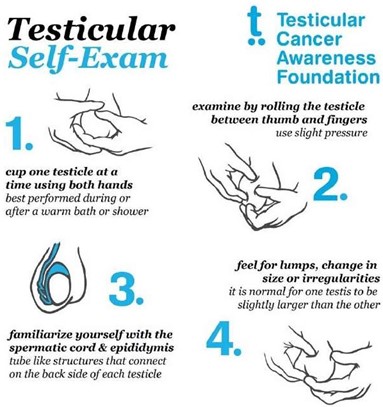A nurse is caring for a client who is pregnant and Rh-negative. The nurse should plan to monitor which of the following maternal laboratory test results to determine maternal-fetal blood incompatibility?
Homocysteine.
Indirect Coombs.
Erythropoietin.
aPTT.
The Correct Answer is B
The indirect Coombs test is used to detect antibodies against foreign red blood cells in the maternal serum. This test can help identify maternal-fetal blood incompatibility, which can cause hemolytic disease of the newborn.
Choice A is wrong because homocysteine is a type of amino acid and is not related to blood compatibility.
Choice C is incorrect because erythropoietin is a hormone that regulates red blood cell production and is not a specific test for detecting maternal-fetal blood incompatibility.
Choice D is not the correct answer as aPTT (activated partial thromboplastin time) is a test used to evaluate blood clotting factors and is not directly related to monitoring maternal-fetal blood incompatibility.
Nursing Test Bank
Naxlex Comprehensive Predictor Exams
Related Questions
Correct Answer is B
Explanation
This statement indicates that the client has orthopnea, which is a sign of worsening heart failure and fluid overload. The nurse should intervene by assessing the client’s vital signs, oxygen saturation, lung sounds, and edema, and notifying the provider for possible diuretic adjustment.
Choice A is wrong because “I’m urinating in larger amounts.” is an expected outcome of taking furosemide, which is a loop diuretic that increases urine output and reduces fluid retention.
Choice C is wrong because “I suck on hard candy for my dry mouth.” is a harmless way to cope with the side effect of dry mouth caused by furosemide.
Choice D is wrong because “I’ve lost 3 pounds in the last week.” is a positive sign that the client is losing excess fluid and improving their heart failure
condition. A weight loss of 2 to 4 pounds per week is acceptable for clients taking diuretics.
Normal ranges for heart failure clients are:
- Blood pressure: less than 140/90 mmHg
- Heart rate: 60 to 100 beats per minute
- Respiratory rate: 12 to 20 breaths per minute
- Oxygen saturation: greater than 95%
- Weight: stable or decreasing within 2 to 4 pounds per week
Correct Answer is B
Explanation
Examine your testicles after a warm shower.

This is because a warm shower will relax the scrotum and the muscles holding the testicles, making an exam easier. You should gently roll the scrotum with your fingers to feel the surface of each testicle and check for any lumps, bumps, swelling, hardness or other changes.
Choice A is wrong because you should perform the self-examination every month, not every 3 months.
This will help you notice any changes over time.
Choice C is wrong because you should not palpate both testicles firmly with your fingertips. You should use a gentle touch and avoid squeezing or pressing too hard.
Choice D is wrong because you should not apply a cool compress to the scrotum prior to examination. This will make the scrotum contract and tighten, making an exam more difficult.
Whether you are a student looking to ace your exams or a practicing nurse seeking to enhance your expertise , our nursing education contents will empower you with the confidence and competence to make a difference in the lives of patients and become a respected leader in the healthcare field.
Visit Naxlex, invest in your future and unlock endless possibilities with our unparalleled nursing education contents today
Report Wrong Answer on the Current Question
Do you disagree with the answer? If yes, what is your expected answer? Explain.
Kindly be descriptive with the issue you are facing.
